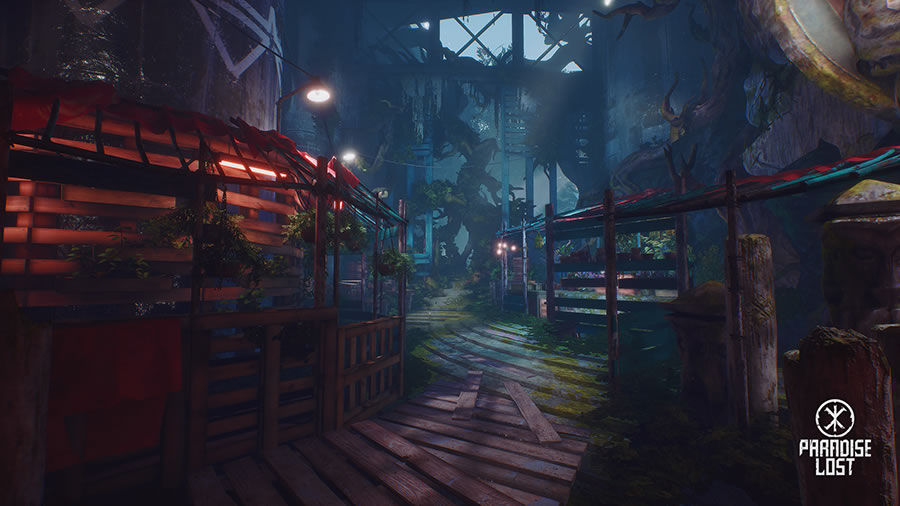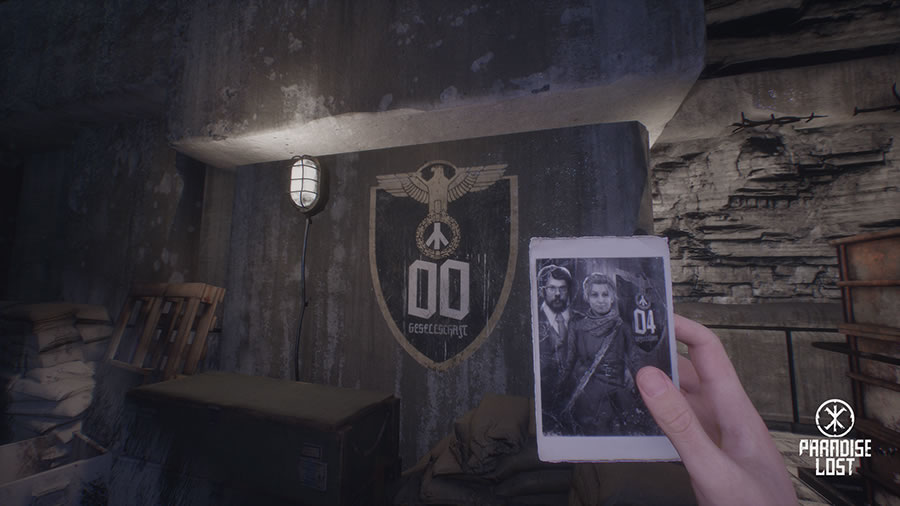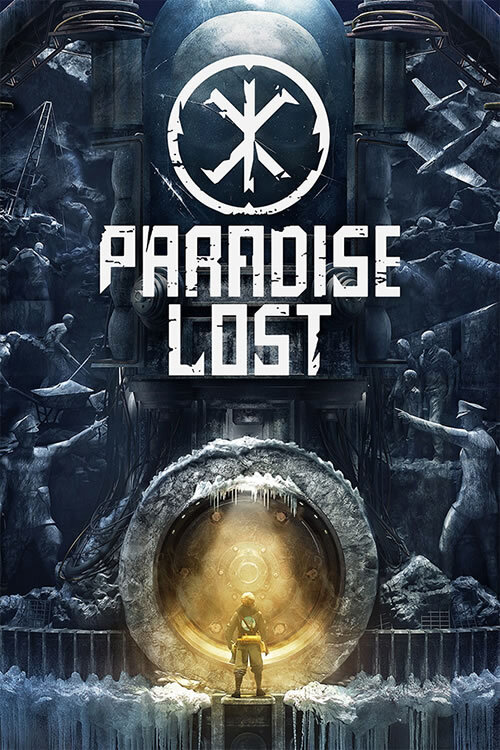- CLASSIC MAGAZINES
- REVIEW CREW
A show recapping what critics thought back
when classic games first came out! - NEXT GENERATION'S BEST & WORST
From the worst 1-star reviews to the best
5-stars can offer, this is Next Generation! - NINTENDO POWER (ARCHIVE)
Experience a variety of shows looking at the
often baffling history of Nintendo Power! - MAGAZINE RETROSPECTIVE
We're looking at the absolutely true history of
some of the most iconic game magazines ever! - SUPER PLAY'S TOP 600
The longest and most ambitious Super NES
countdown on the internet! - THEY SAID WHAT?
Debunking predictions and gossip found
in classic video game magazines! - NEXT GENERATION UNCOVERED
Cyril is back in this spin-off series, featuring the
cover critic review the art of Next Generation! - HARDCORE GAMER MAGAZING (PDF ISSUES)
Download all 36 issues of Hardcore Gamer
Magazine and relive the fun in PDF form!
- REVIEW CREW
- ELECTRONIC GAMING MONTHLY
- ELECTRONIC GAMING MONTHLY RANKS
From Mario to Sonic to Street Fighter, EGM
ranks classic game franchises and consoles! - ELECTRONIC GAMING MONTHLY BEST & WORST
Counting down EGM’s best and worst reviews
going year by year, from 1989 – 2009! - ELECTRONIC GAMING BEST & WORST AWARDS
11-part video series chronicling the ups and
downs of EGM’s Best & Worst Awards!
- ELECTRONIC GAMING MONTHLY RANKS
- GAME HISTORY
- GAME OVER: STORY BREAKDOWNS
Long-running series breaking down game
stories and analyzing their endings! - A BRIEF HISTORY OF GAMING w/ [NAME HERE]
Real history presented in a fun and pithy
format from a variety of game historians! - THE BLACK SHEEP
A series looking back at the black sheep
entries in popular game franchises! - INSTANT EXPERT
Everything you could possibly want to know
about a wide variety of gaming topics! - FREEZE FRAME
When something familiar happens in the games
industry, we're there to take a picture! - I'VE GOT YOUR NUMBER
Learn real video game history through a series
of number-themed episodes, starting at zero! - GREAT MOMENTS IN BAD ACTING
A joyous celebration of some of gaming's
absolute worst voice acting!
- GAME OVER: STORY BREAKDOWNS
- POPULAR SHOWS
- DG NEWS w/ LORNE RISELEY
Newsman Lorne Riseley hosts a regular
series looking at the hottest gaming news! - REVIEW REWIND
Cyril replays a game he reviewed 10+ years
ago to see if he got it right or wrong! - ON-RUNNING FEUDS
Defunct Games' longest-running show, with
editorials, observations and other fun oddities! - DEFUNCT GAMES QUIZ (ARCHIVE)
From online quizzes to game shows, we're
putting your video game knowledge to the test!- QUIZ: ONLINE PASS
Take a weekly quiz to see how well you know
the news and current gaming events! - QUIZ: KNOW THE GAME
One-on-one quiz show where contestants
find out if they actually know classic games! - QUIZ: THE LEADERBOARD
Can you guess the game based on the classic
review? Find out with The Leaderboard!
- QUIZ: ONLINE PASS
- DEFUNCT GAMES VS.
Cyril and the Defunct Games staff isn't afraid
to choose their favorite games and more! - CYRIL READS WORLDS OF POWER
Defunct Games recreates classic game
novelizations through the audio book format!
- DG NEWS w/ LORNE RISELEY
- COMEDY
- GAME EXPECTANCY
How long will your favorite hero live? We crunch
the numbers in this series about dying! - VIDEO GAME ADVICE
Famous game characters answer real personal
advice questions with a humorous slant! - FAKE GAMES: GUERILLA SCRAPBOOK
A long-running series about fake games and
the people who love them (covers included)! - WORST GAME EVER
A contest that attempts to create the worst
video game ever made, complete with covers! - LEVEL 1 STORIES
Literature based on the first stages of some
of your favorite classic video games! - THE COVER CRITIC
One of Defunct Games' earliest shows, Cover
Critic digs up some of the worst box art ever! - COMMERCIAL BREAK
Take a trip through some of the best and
worst video game advertisements of all time! - COMIC BOOK MODS
You've never seen comics like this before.
A curious mix of rewritten video game comics!
- GAME EXPECTANCY
- SERIES ARCHIVE
- NINTENDO SWITCH ONLINE ARCHIVE
A regularly-updated list of every Nintendo
Switch Online release, plus links to review! - PLAYSTATION PLUS CLASSIC ARCHIVE
A comprehensive list of every PlayStation
Plus classic release, including links! - RETRO-BIT PUBLISHING ARCHIVE
A regularly-updated list of every Retro-Bit
game released! - REVIEW MARATHONS w/ ADAM WALLACE
Join critic Adam Wallace as he takes us on a
classic review marathon with different themes!- DEFUNCT GAMES GOLF CLUB
Adam Wallace takes to the links to slice his way
through 72 classic golf game reviews! - 007 IN PIXELS
Adam Wallace takes on the world's greatest spy
as he reviews 15 weeks of James Bond games! - A SALUTE TO VAMPIRES
Adam Wallace is sinking his teeth into a series
covering Castlevania, BloodRayne and more! - CAPCOM'S CURSE
Adam Wallace is celebrating 13 days of Halloween
with a line-up of Capcom's scariest games! - THE FALL OF SUPERMAN
Adam Wallace is a man of steel for playing
some of the absolute worst Superman games! - THE 31 GAMES OF HALLOWEEN
Adam Wallace spends every day of October afraid
as he reviews some of the scariest games ever! - 12 WEEKS OF STAR TREK
Adam Wallace boldly goes where no critic has
gone before in this Star Trek marathon!
- DEFUNCT GAMES GOLF CLUB
- DAYS OF CHRISTMAS (ARCHIVE)
Annual holiday series with themed-episodes
that date all the way back to 2001!- 2015: 30 Ridiculous Retro Rumors
- 2014: 29 Magazines of Christmas
- 2013: 29 Questionable Power-Ups of Christmas
- 2012: 34 Theme Songs of Christmas
- 2011: 32 Game Endings of Christmas
- 2010: 31 Bonus Levels of Christmas
- 2009: 30 Genres of Christmas
- 2008: 29 Controls of Christmas
- 2007: 34 Cliches of Christmas
- 2006: 33 Consoles of Christmas
- 2005: 32 Articles of Christmas
- 2004: 31 Websites of Christmas
- 2003: 29 Issues of Christmas
- 2002: 28 Years of Christmas
- 2001: 33 Days of Christmas
- NINTENDO SWITCH ONLINE ARCHIVE
- REVIEW ARCHIVE
- FULL ARCHIVE
Paradise Lost
One of the things gamers often take for granted these days is world building. We spend so much time talking about the mind-blowing graphics and cool characters that the world they exist in can often be little more than an afterthought. But that's not the case when it comes to the new game Paradise Lost from first-time developer PolyAmorous. This is an alternate reality first-person narrative game that wants you to admire every bedroom, balcony and beautiful underground vista found in this grungy yet intriguing post-apocalyptic setting. Can paradise be found beneath the Earth's surface? Or has it been lost for good? Let's open up the hatch and find out.
This is the story of Szymon, a twelve-year-old boy who uses a tragic event to motivate himself to go on an epic journey of discovery. He lives in a hostile, snow-covered world where the remaining inhabitants have largely moved underground as a last-ditch effort for survival. He's on a mission to find the man in the photograph, who he suspects will be able to fill in a lot of the gaps in his memory and bring closure to the mysteries of his upbringing.
I'm not sure what Szymon was hoping to find when he opened up the hatch, but what he uncovers is a long-abandoned Nazi bunker in the middle of Poland. In the first of many nods to BioShock's Rapture, it's clear that something truly terrible happened just under the surface. The lavishly constructed underground world is now in complete disrepair and quickly starting to crumble. Apartments have been flooded, stores have been destroyed and the science-fiction technology that controls this subterranean city is unreliable, to say the least.
But wait, did I say that the bunker was abandoned? As it turns out, that's not entirely true. Much to Szymon's surprise, there's a girl stuck in the control room who desperately needs his help. What may have started out as a journey for answers quickly turns into a rescue mission, setting up an adventure that sees our pre-teen hero exploring every part of the Nazi stronghold. This sends us through the residential quarters, the shopping district, the food processing plant, the military base and the incredibly creepy medical facilities. All along the way, our pint-sized survivor and his new best-friend uncover the secret history of the bunker and where everybody went.
A lot of people dismiss these types of games and despairingly call them "walking simulators," but I disagree. This isn't a walking simulator, but rather a note reading simulator. With no enemies or puzzles, a lot of this game involves Szymon slowly walking through the environment and reading the notes and letters left behind. These go a long way to flesh out the alternate history and explain what happened before we showed up. You'll also find a number of taped diary recordings and computer memory modules that will speak directly to our hero's story. This is the type of adventure game that hopes you'll be invested enough in the setup to read and listen to every bit of the fiction, even if that means stopping every couple of minutes in order to pick up a discarded newspaper clipping.
 Click For the Full Picture Archive
Click For the Full Picture ArchiveIf any of this sounds familiar, then it's probably because you played the original BioShock. Between the abandoned underground world, the chatty voice in your ear and, yes, even the diary pages, Paradise Lost plays out like a non-violent take on Rapture. It even has the religious imagery and themes, which will likely come as no surprised to anybody who is familiar with the 17th century poem by John Milton that shares the same name.
The big difference between this and BioShock is that Paradise Lost's unique setting is linear to a fault. There's exploration in the sense of looking around, but the path you're on is so narrow that you might as well be stuck in a corridor or hallway. There's no backtracking or discovery, just you walking from A to B to C using a very obvious path. I would liken it to a roller coaster ride, but that's unfair. Roller coasters have steep slopes, tight turns and even loop-de-loops. Paradise Lost is like being on a roller coaster where the track is completely flat. It's like being in a traffic jam. There's only one way to go and you're inching along at the slowest speed possible.
Thankfully, the story is compelling enough to keep you invested for the four hours it takes to beat the game. What's more, the fully-realized environments are constantly changing and fun to investigate. There's a solid mystery at the center of Paradise Lost, and while you'll probably figure out the big twist early on, the conclusion still manages to feel satisfying by the end. The developers have created a subterranean world that I loved being in, and you can tell that a lot of time and effort went into making every detail perfect.
 Click For the Full Picture Archive
Click For the Full Picture ArchiveThat said, exploring the fascinating stage design is marred by a lot of small but frustrating technical problems. The most obvious one is the frame-rate, which was never very stable. I also ran into a lot of problems with the textures popping in. There are also a number of comical glitches, such as when our 12-year-old hero will interact with objects that aren't really there. There's an extended scene where Szymon is flipping through the pages of a book that didn't load, making what should have been a heartbreaking scene come across as surprisingly humorous. Oh, and before I forget, the game crashed on me a number of times. I'm hoping that the inconsistent frame-rate, disappearing items and rampant crashes are all things that can be resolved with a patch.
On a final note, it's worth mentioning that the chapters are split up using the five stages of grief as a jumping off point. I like this in theory, but I found that the writing undermines this approach. The problem is that the stages of grief don't really apply to Szymon or his friend. For example, he's not really all that angry during the "Anger" chapter, and you really have to stretch the definition of "Bargaining" to make it work in the context of the game. This isn't a big deal on its own, but does speak to the bigger problem with the writing. There's a lot about the story and the characters that would be a lot more memorable and impactful if somebody went through and tightened up the script. I love the idea of tying this boy's journey into the five stages of grief, but Paradise Lost doesn't do enough to pay off that unique idea. That's a shame.
If you love the mystery and world-building of BioShock but don't want any of the action or violence, then there's this bunker in Poland that you should probably visit. This is a compelling adventure where a young boy goes on a journey of discovery, all while exploring a fascinating underground setting full of surprises. This is a perfect example of how important a fully-realized world can be to a game, and it's likely thing you'll remember most about this four-hour game. Sure, it has some technical problems and it could use a rewrite, but Paradise Lost is a game worth finding.
HOME |
CONTACT |
NOW HIRING |
WHAT IS DEFUNCT GAMES? |
NINTENDO SWITCH ONLINE |
RETRO-BIT PUBLISHING
Retro-Bit |
Switch Planet |
The Halcyon Show |
Same Name, Different Game |
Dragnix |
Press the Buttons
Game Zone Online | Hardcore Gamer | The Dreamcast Junkyard | Video Game Blogger
Dr Strife | Games For Lunch | Mondo Cool Cast | Boxed Pixels | Sega CD Universe | Gaming Trend
Game Zone Online | Hardcore Gamer | The Dreamcast Junkyard | Video Game Blogger
Dr Strife | Games For Lunch | Mondo Cool Cast | Boxed Pixels | Sega CD Universe | Gaming Trend
Copyright © 2001-2025 Defunct Games
All rights reserved. All trademarks are properties of their respective owners.
All rights reserved. All trademarks are properties of their respective owners.



































